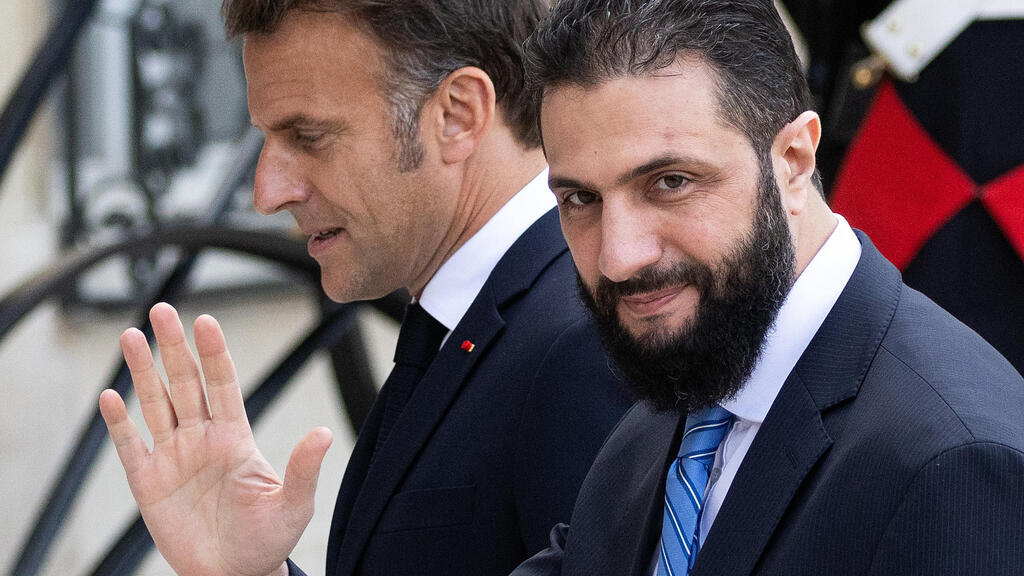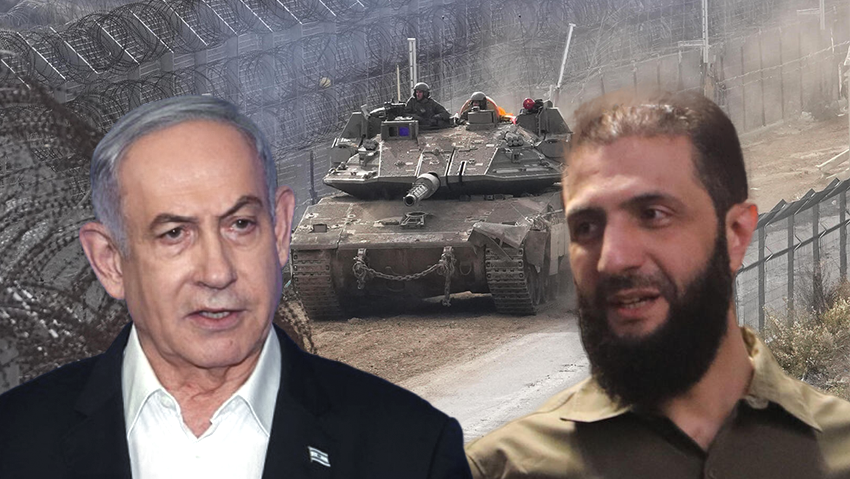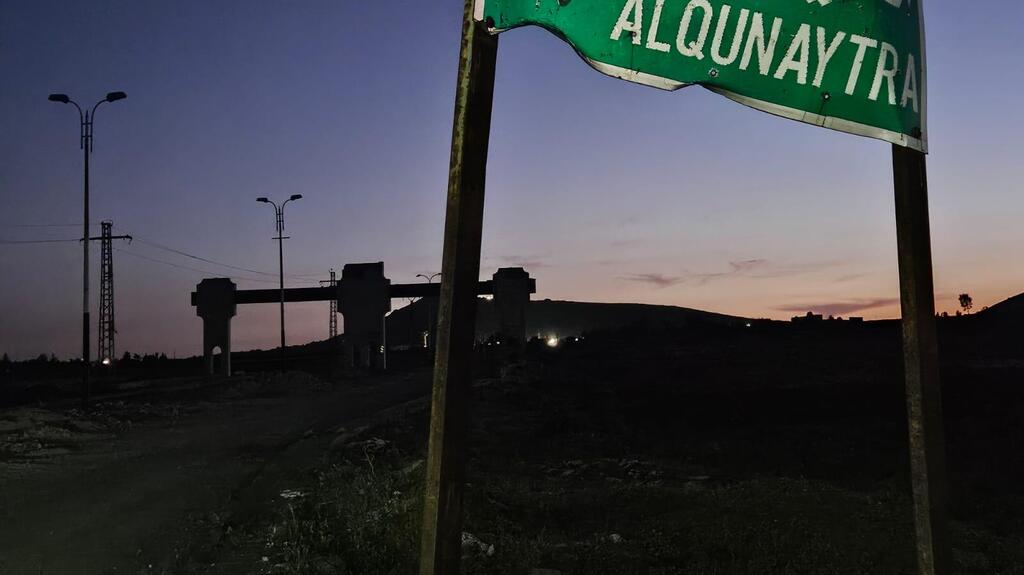A spokesperson for the UAE Foreign Ministry was quick to deny reports that the Emirates were mediating in "unofficial" talks between Israel and Syria. However, just hours later, Syria’s new president, Ahmad al-Sharaa—speaking during a visit to Paris—confirmed that indirect talks were underway with “the mediation of a third country,” though he did not name it. It was later revealed that the mediator was the UAE.
Through the Emirati mediators, the Syrian side reportedly asked Israel for time to allow the new president to “organize” and demanded an end to Israeli airstrikes on Syrian territory.
The discussions, described as focused on security matters, were held between two Israeli academics with past experience in the security establishment and three close aides to President al-Sharaa. According to the Syrian leader, three meetings have thus far taken place at a private residence in Abu Dhabi belonging to a senior UAE official.
During the meetings, Israelis and Syrians sat at the same table, surrounded by an abundant spread of refreshments—an effort by the hosts to create a relaxed atmosphere.
"The Emirati mediators have patience and proven experience," said an Israeli official, who declined to confirm whether he had personally attended the talks. “These were preliminary, non-committal discussions,” he added, noting that both sides would brief their leadership afterward.
The Syrian delegation expressed grievances over IDF operations inside Syria and the occupation of nine strategic hilltops, from which Israel has refused to withdraw. They requested time to allow the new government in Damascus to stabilize its internal affairs and highlighted the country’s worsening economic crisis.
In the most recent meeting, the Syrian side quoted President al-Sharaa as saying Syria has no interest in conflict with any of its neighbors, including Israel. Israeli officials noted a shift in tone from the previous regime, pointing out that the new Syrian leader refers to “the State of Israel” rather than “the Zionist entity.”
The latest round of talks followed al-Sharaa’s visit to Abu Dhabi on April 13. Syrian representatives emphasized that Iran had been “kicked out” of the country. One member of the delegation told Ynet that Iran “will not be allowed to return,” calling it a clear signal of the new regime’s intentions toward Israel.
Get the Ynetnews app on your smartphone: Google Play: https://bit.ly/4eJ37pE | Apple App Store: https://bit.ly/3ZL7iNv
Looking ahead, both sides aim to continue the dialogue and expand it to include economic matters—such as possible Israeli medical aid, academic exchange programs for Syrian students and other areas of mutual concern.
The six Syrian delegates, who received official clearance to attend the talks, described a dire humanitarian situation in Syria.
3 View gallery


French President Emmanuel Macron and Syrian leader Ahmad al-Sharaa
(Photo: Tom Nicholson / Getty Images)
Israeli participants raised concerns about the vulnerability of Syria’s Druze community, stating that Israel would not tolerate attacks on “our brothers in blood.” While President al-Sharaa’s message of non-confrontation was welcomed, Israeli officials said it was "positive but not enough."
The UAE's Foreign and Intelligence Ministries—both headed by brothers of the Emirati leader—are said to have initiated the talks between the Israeli and Syrian teams.
Additionally, Israeli and Syrian experts in defense and economics have met recently at international conferences in Europe, where representatives of the new Damascus regime reportedly expressed openness and warmth toward their Israeli counterparts.



